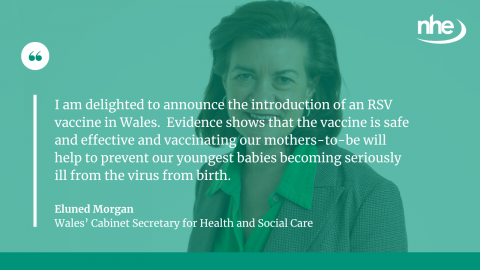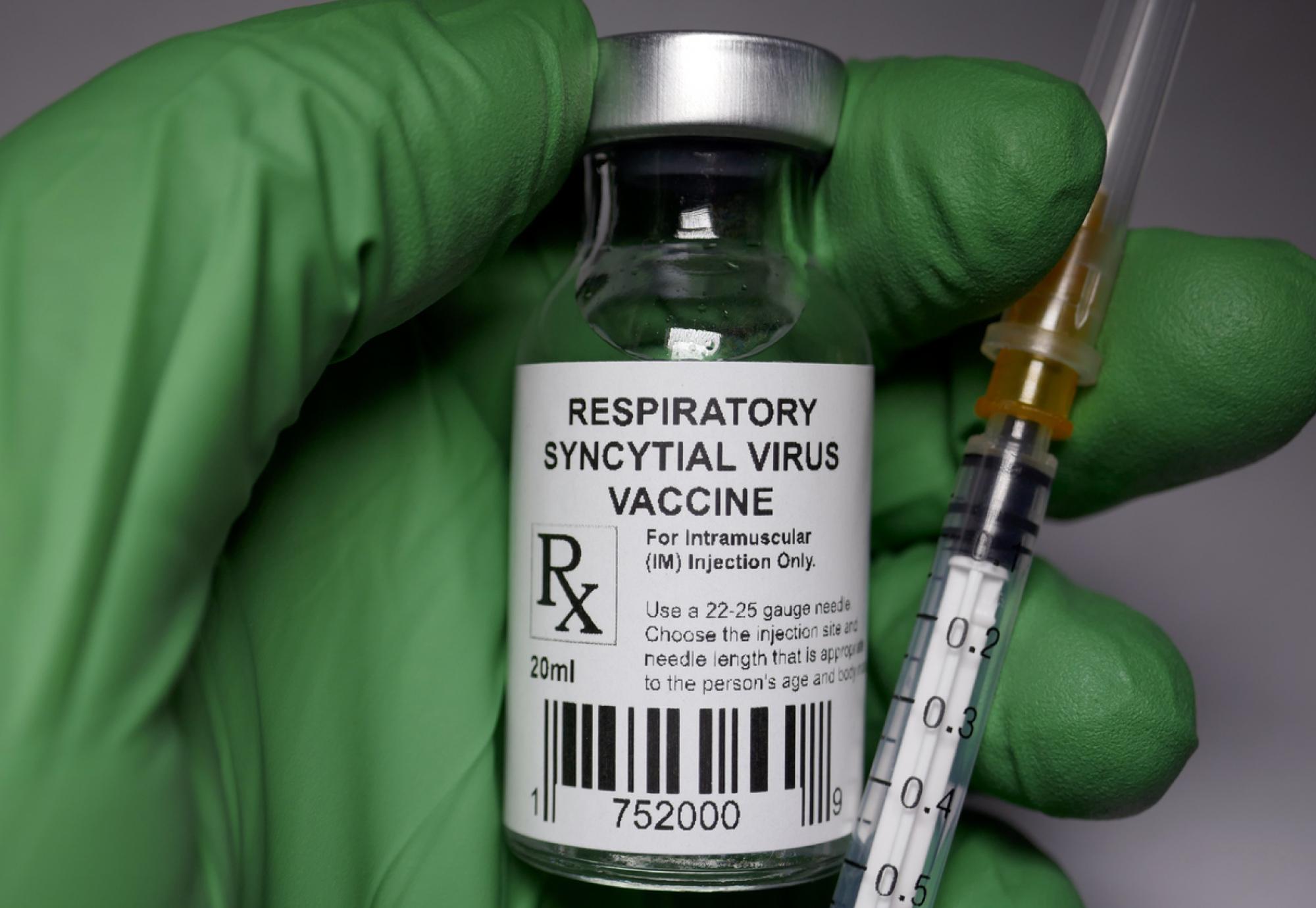The UK is set to launch its national respiratory syncytial virus (RSV) vaccination programme this autumn, becoming the first country in the world to use the same vaccine for both newborn and older patients.
The landmark initiative is expected to save hundreds of lives every year, while also freeing up thousands of hospital beds up and down the country.
The scheme, which will use Pfizer’s vaccine, will target women who are at least 28 weeks pregnant to help their newborns, while a campaign will also be run for those aged 75 and over.
RSV is responsible for around 30,000 hospitalisations per year with those aged under five — this includes 20-30 deaths. For those over 75, it causes approximately 9,000 admissions.
Across the four nations, Scotland is set to start their campaign first on 12 August, with England, Wales and Northern Ireland beginning their rollouts from 1 September.

New public health and prevention minister, Andrew Gwynne, said: “Not only will this vaccine save lives and protect the most vulnerable, it will help ease pressure on our broken NHS, freeing up thousands of hospital beds as we head into winter.”
The official position of the Department of Health and Social Care is now that the NHS is broken, with health secretary Wes Streeting ordering a warts and all review of the state of the health service.
NHS England’s national vaccination director, Steve Russell, added: “RSV is a very serious illness, infecting up to 90% of children by the age of two and causing thousands of babies and older people to spend time in hospital over winter — so this rollout is a huge step forward and will undoubtedly save the lives of many of those most at risk.”
The programme aligns with Joint Committee on Vaccination and Immunisation guidance from last September.
Dr Christopher Johnson, who heads up Public Health Wales’ vaccine preventable disease programme, commented: "It is a game-changing new vaccination programme that will protect thousands of our most vulnerable from getting ill in the first place, or significantly reducing the likelihood of severe infection, keeping people out of hospital and from needing to see a GP, and enabling more people to benefit from NHS services.”
Image credit: iStock



















